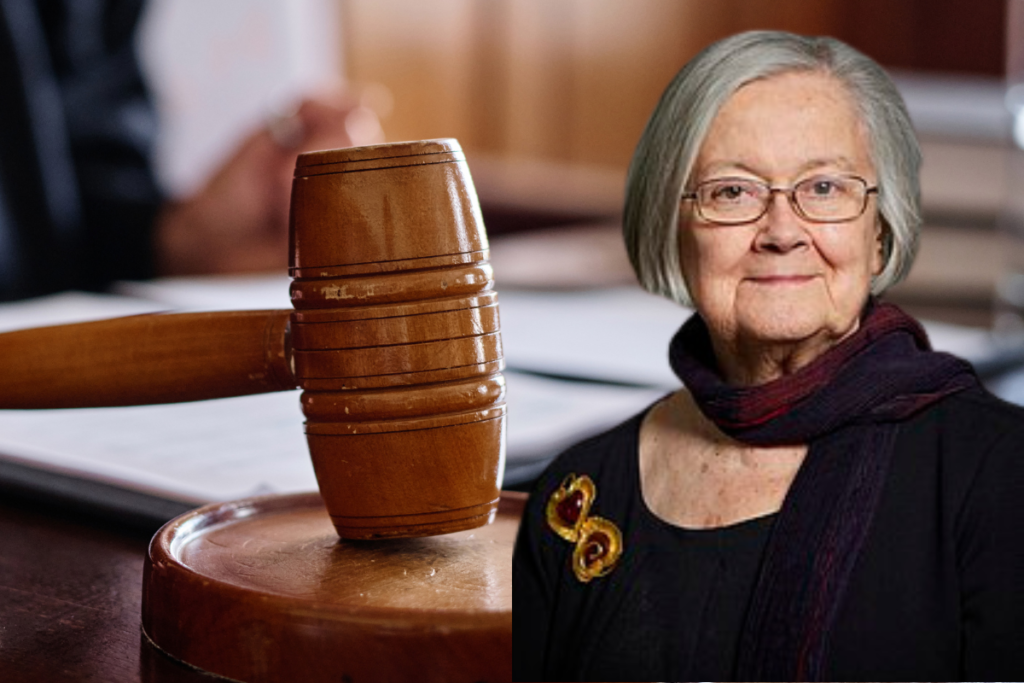In a world rife with cultural diversity and evolving legal systems, one might expect significant differences in how societies value the human body and its parts. Recent research suggests a strong, cross-cultural consensus on the value of various body parts. This may mean our views on bodily worth are deeply rooted in human nature.
A study published on 10 January 2025 in Science Advances reveals that both laypeople and lawmakers, irrespective of cultural backgrounds or historical periods, consistently assign similar values to different body parts. This finding challenges the view that laws on bodily harm are just cultural. It suggests a shared human intuition.
The research team, comprising psychologists from Oklahoma State University and the University of California, Los Angeles, examined legal codes from various societies, including the ancient Babylonian Code of Hammurabi and the laws of Æthelberht in early medieval England. They found consistent valuations. For example, an eye is worth more than a finger. This shows a shared view of the importance of certain body parts.
To further explore these intuitions, the researchers conducted surveys across diverse cultural groups, asking participants to rank the value of different body parts. The results mirrored the legal codes, with eyes, hands, and feet consistently rated as more valuable than fingers or toes.
This alignment suggests that people have innate views on the value of their body parts. These views are reflected in legal systems throughout history.
The study’s lead author, Yunsuh Nike Wee, noted, “Our findings indicate that there are universal aspects of human psychology that inform our judgments about bodily harm and its compensation. This universality transcends cultural and temporal boundaries, highlighting commonalities in human thought.”
This research not only sheds light on the origins of legal principles but also has practical implications for contemporary legal systems. Recognizing a shared intuition about the value of body parts can improve compensation laws. It can also help with personal injury assessments. These should align with humans’ innate sense of fairness.
Moreover, these findings contribute to the broader discourse on human rights and the intrinsic value assigned to the human body. Protecting bodily integrity is vital across all cultures and laws. This is due to some universally acknowledged valuations.
While cultural practices and legal systems may vary widely, this study highlights a profound commonality in how humans perceive the value of their bodies. These shared intuitions have shaped and still influence laws and ethics about bodily harm. They reflect a universal aspect of the human experience.



